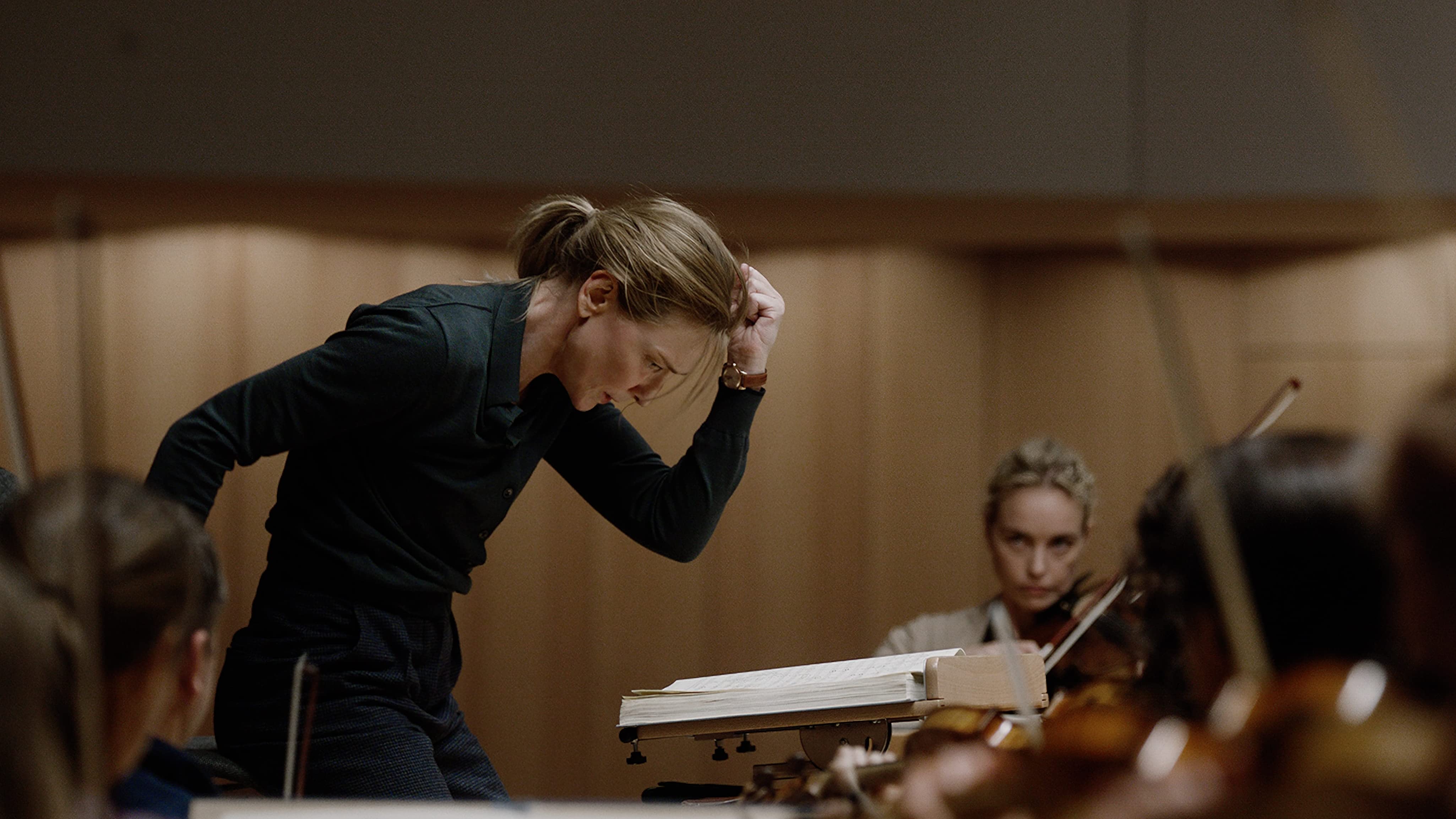How Sweden lost a great composer
Album Of The WeekFrom the Lebrecht Album of the Week:
Sweden, unlike its neighbours, has no great composer. Norway has Grieg, Finland Sibelius, Denmark Nielsen and Sweden — blank. The one composer who might have filled the role was treated with such disdain by polite society that he lived all his life in grim poverty, never able to afford a piano. …
Read on here.
And here.
En francais ici,






Comments